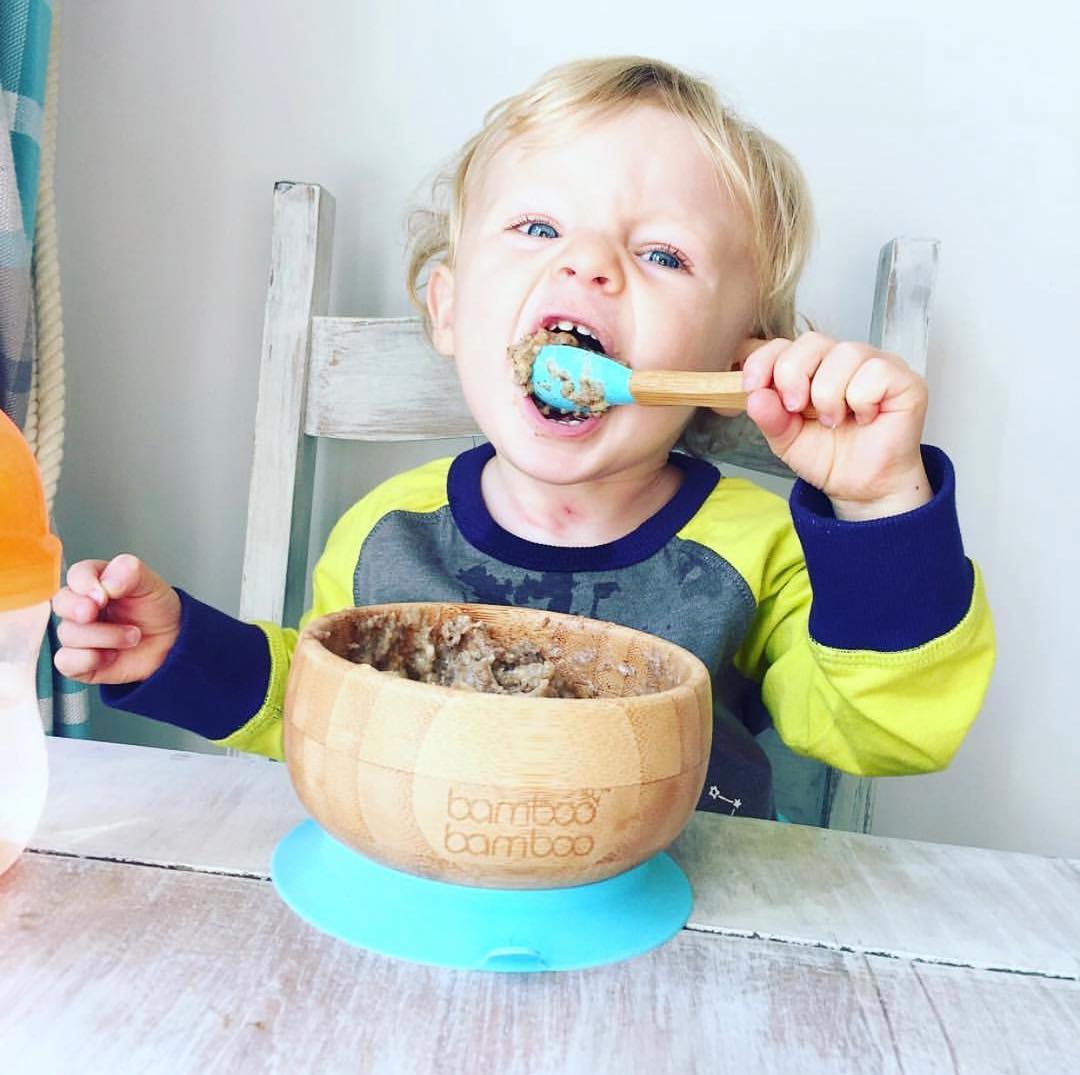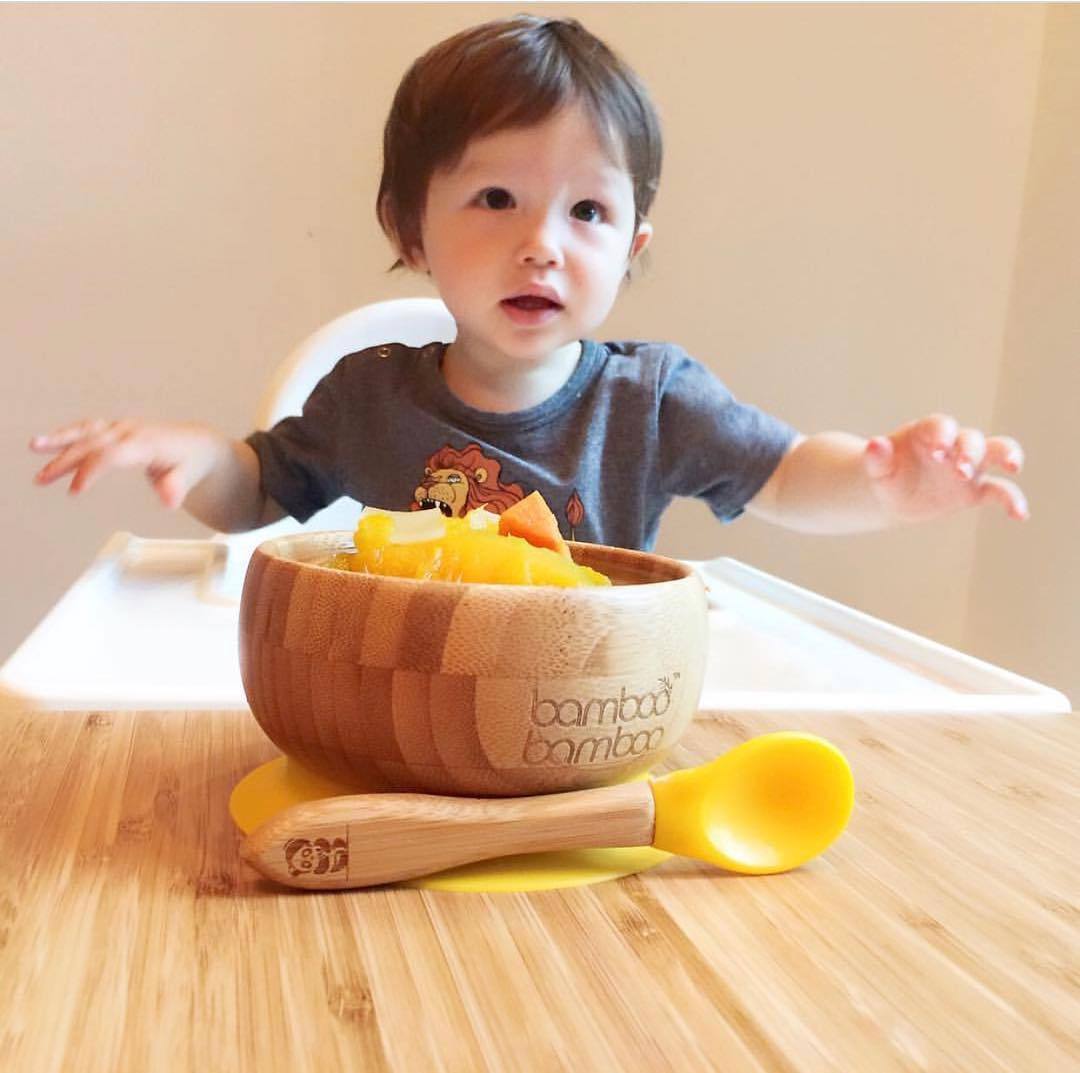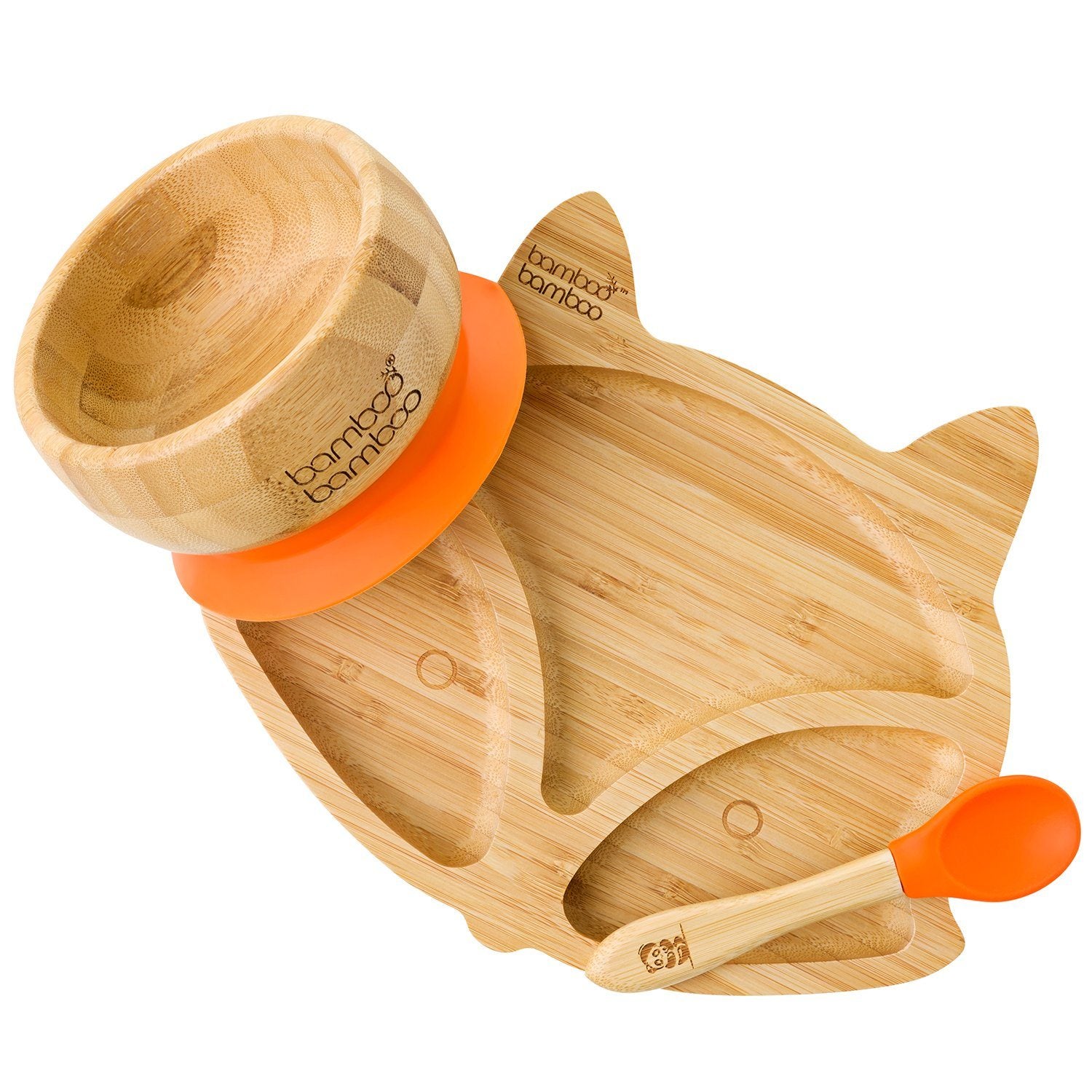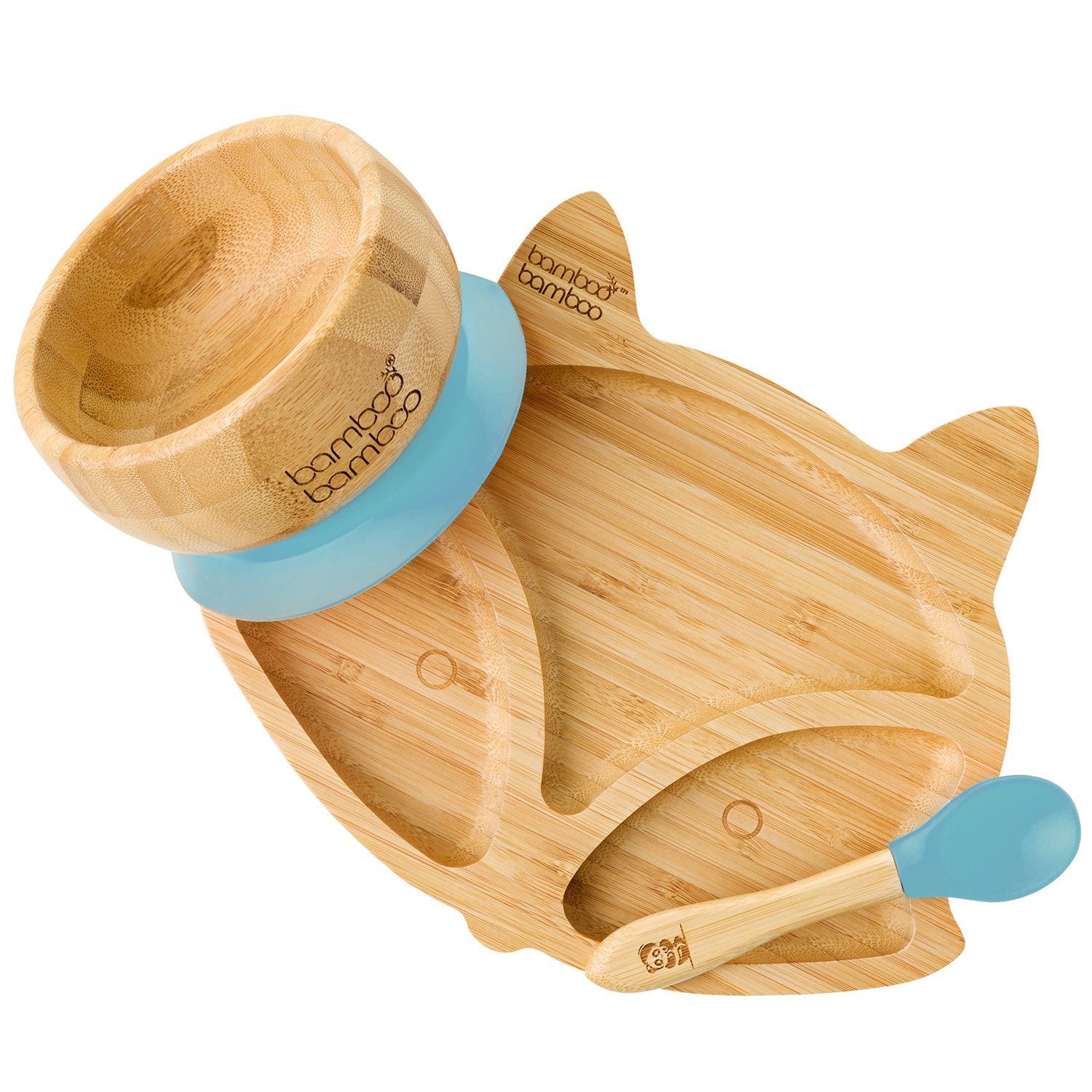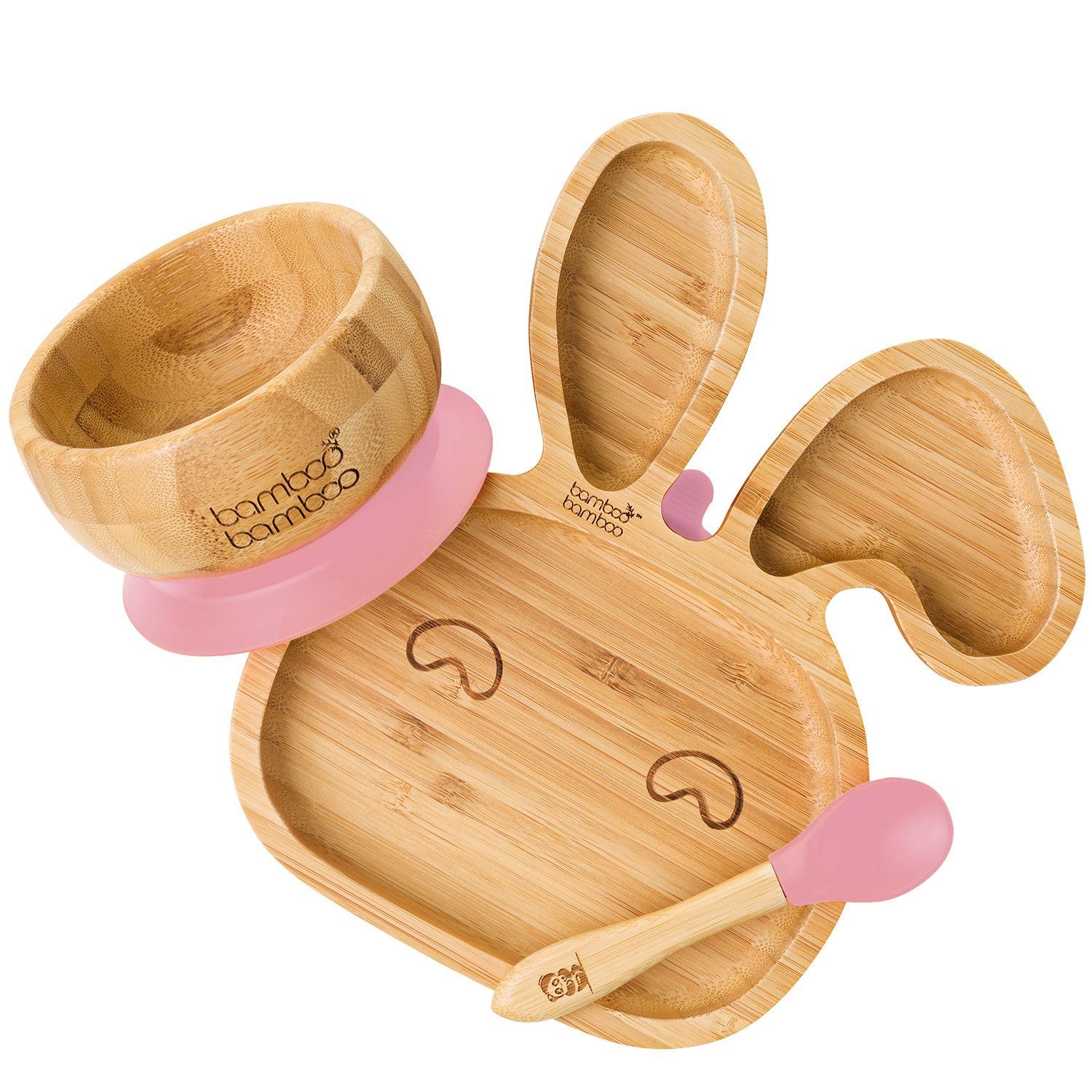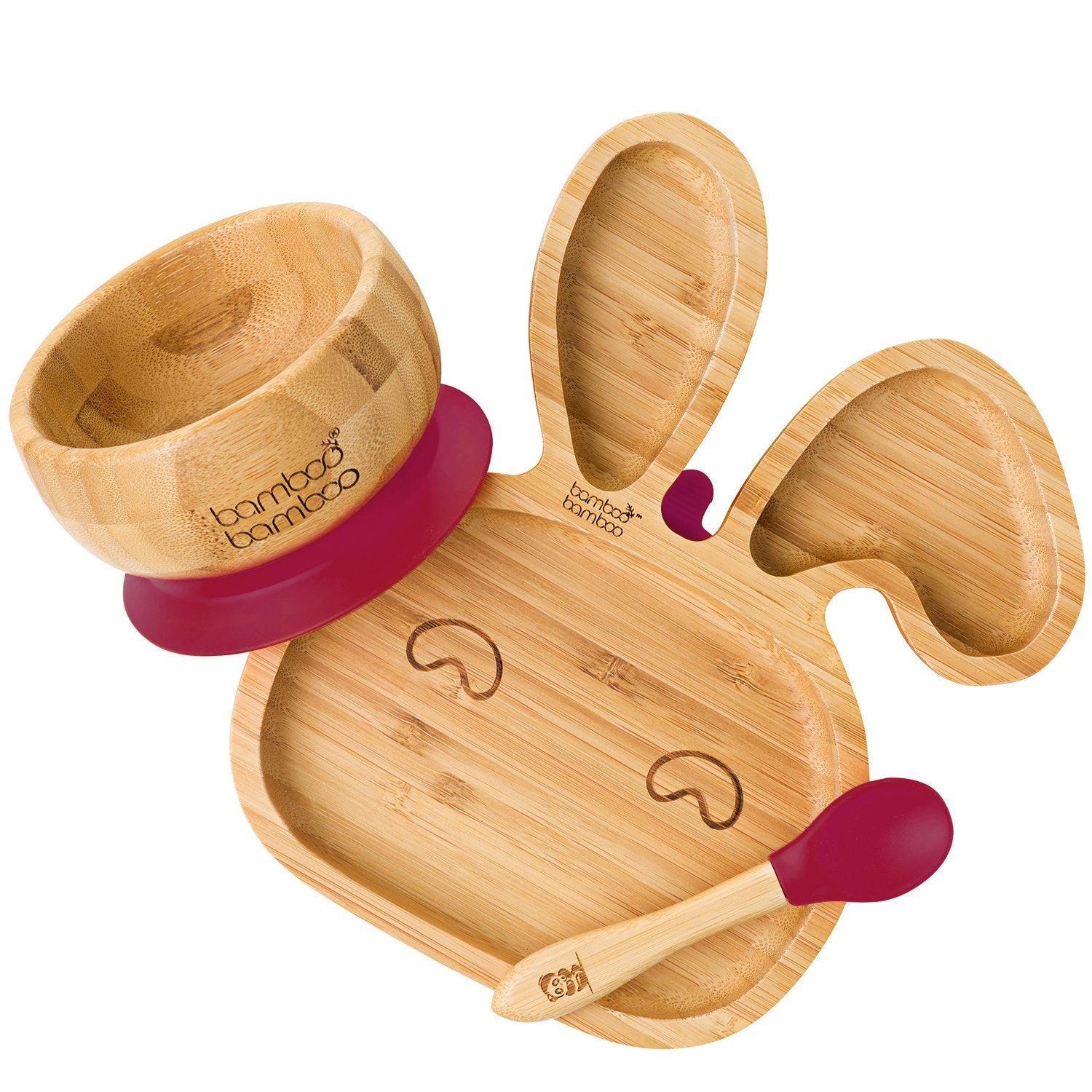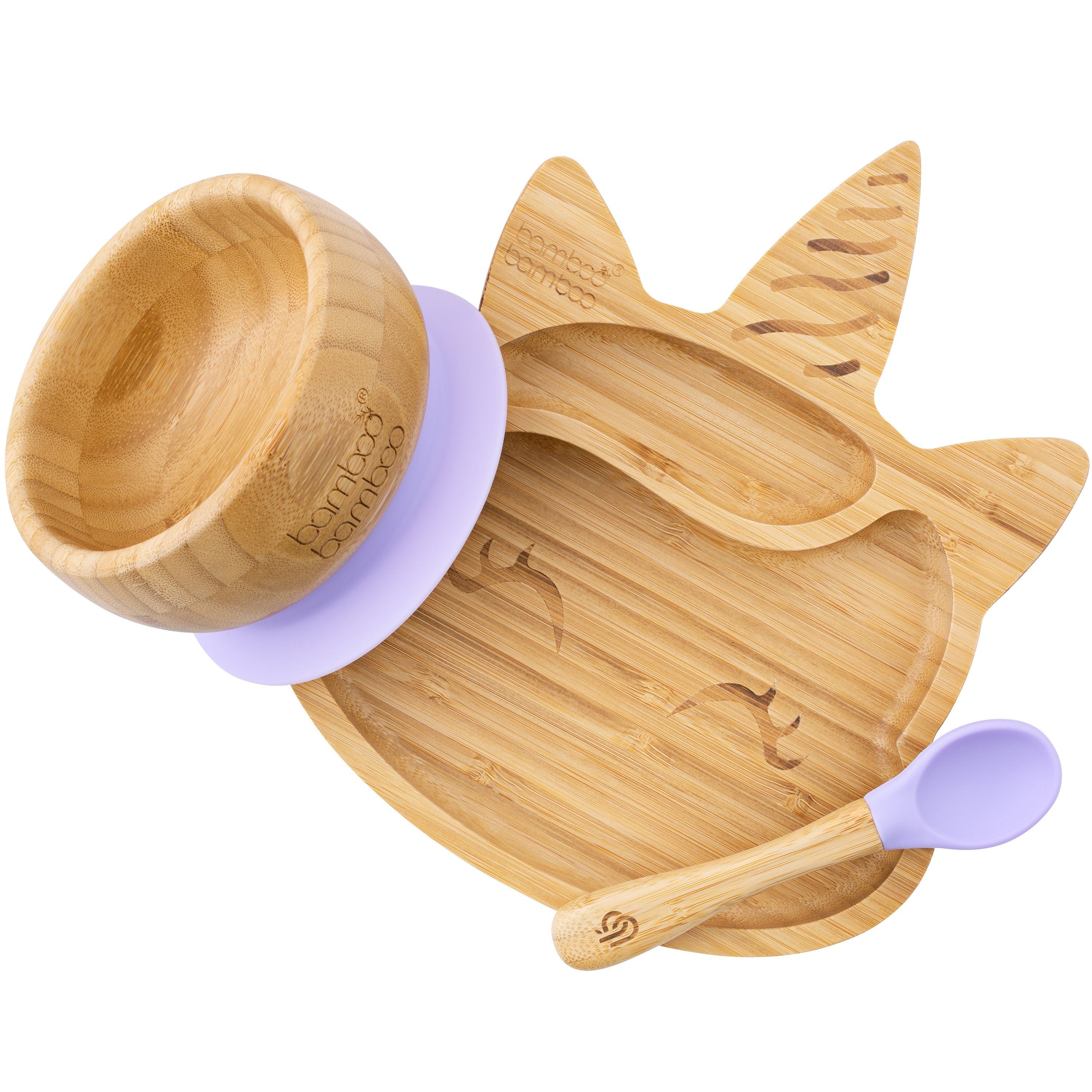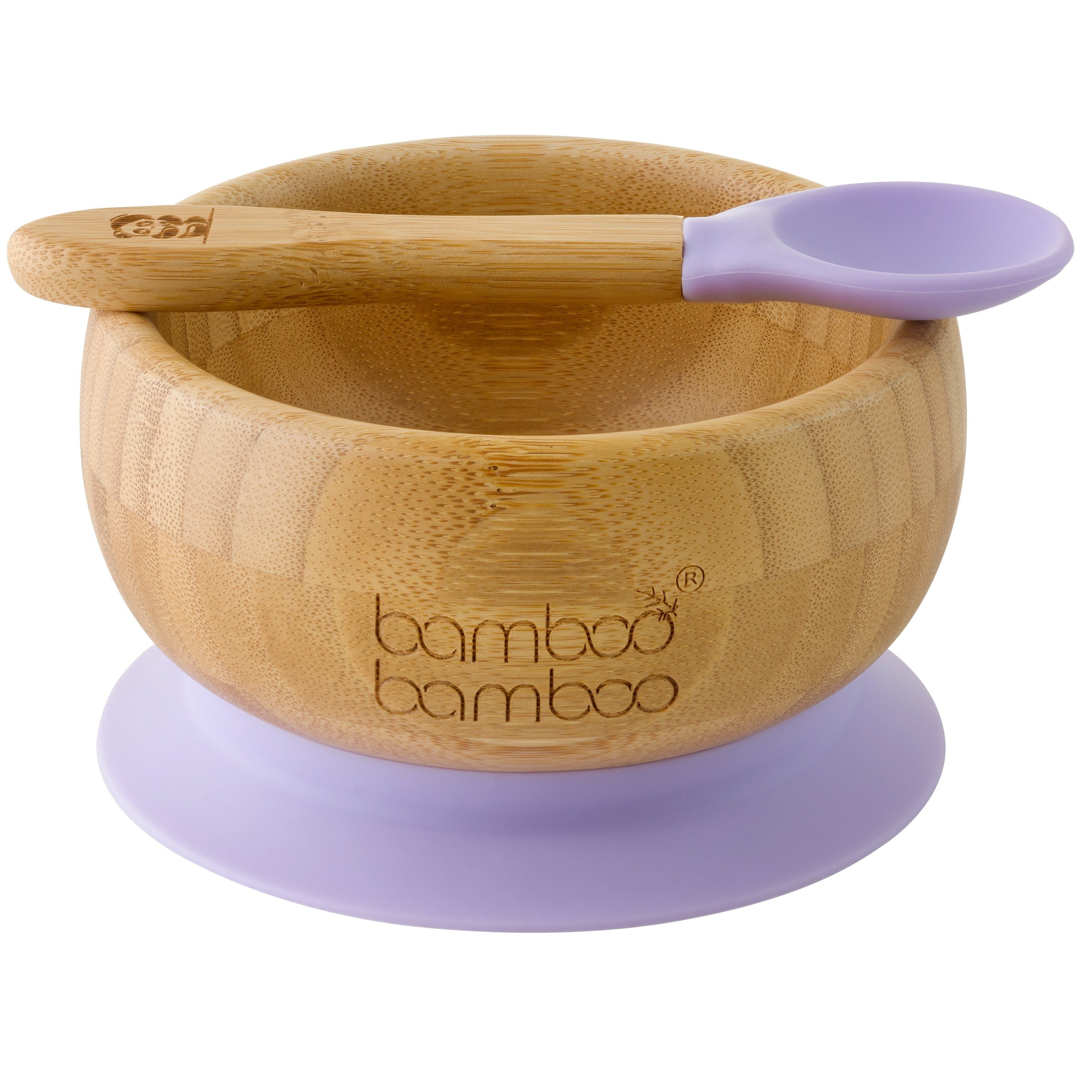When your baby is young, most parents struggle with concerns over allergies and wanting to ensure their babies are safe from allergic reactions to certain foods. Some parents opt to not let them try any allergenic foods until they are older, whereas others let them try anything under the sun. What is the correct way to help avoid food allergies in your babies?
While there’s no definitive ways to completely prevent allergies in babies, there are some tips from the experts that you should stick to:
- Pay attention to Your Baby’s Tolerance for Basics
When you begin introducing foods to your baby you’ll want to begin with the basic food groups of dairy, grains, vegetables and fruits. Be aware of how your baby reacts and tolerates those foods, and know the signs of whether something is agreeing with them or not. If your baby becomes flushed, gets a rash, has an immediate gassy reaction or diarrhoea, then there is a possibility they could be allergic to those foods. Isolate those problem foods to see if they get the same reaction after a couple of other tries, and If they do, it could be possible that your child will have another intolerance for more allergenic foods in the future.
- Start Introducing New Foods During the Solids Phase
Doctors suggest introducing allergenic foods at the same time you are introducing solids into their diet, which is around 4 to 6 months. These allergenic foods are primarily cow’s milk, eggs, peanuts and other tree nuts, soy, wheat, shellfish, and fish.
- Introduce Foods Early and Regularly
Doctors recommend introducing allergenic foods early during the solids phase and regularly over a period of 3-5 days, to really gauge any potential for an allergic reaction or intolerance and/or rule it out completely.
- Be Observant of the Warning Signs
The most common warning signs that your baby is having a reaction or intolerance to a certain food can include hives or welts, face, lip or tongue swelling, vomiting, diarrhoea, coughing, difficulty breathing, red skin or rash, and loss of consciousness.
- One at a time
As a good rule of thumb, introduce one allergenic food at a time and pay attention to how your baby reacts each time they have it. Make sure not to mix it with another food, so you can rule out any other factors in the potential of the allergic reaction.
Since there isn’t one scientifically proven way to prevent allergies, it’s up to you to test and monitor your baby’s reactions to their food, and know when to adapt their diet to those reactions.

